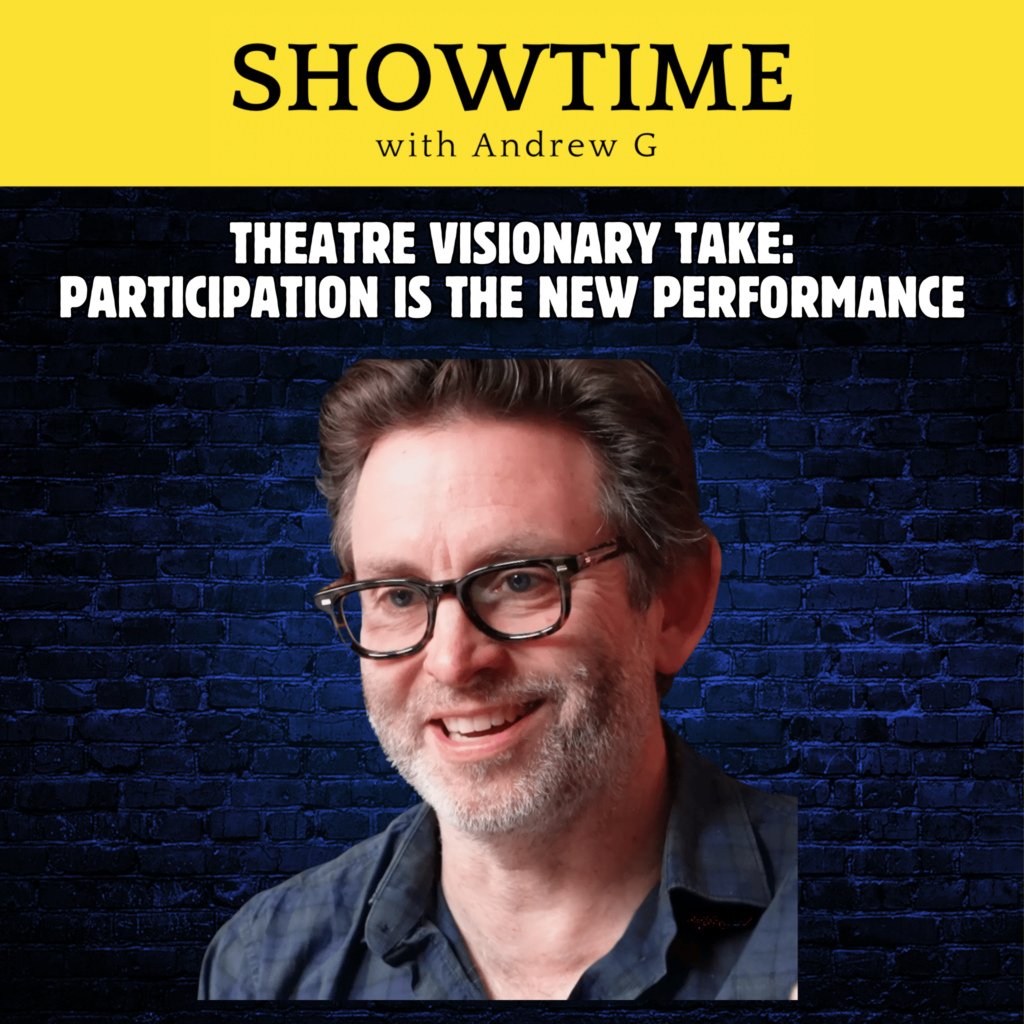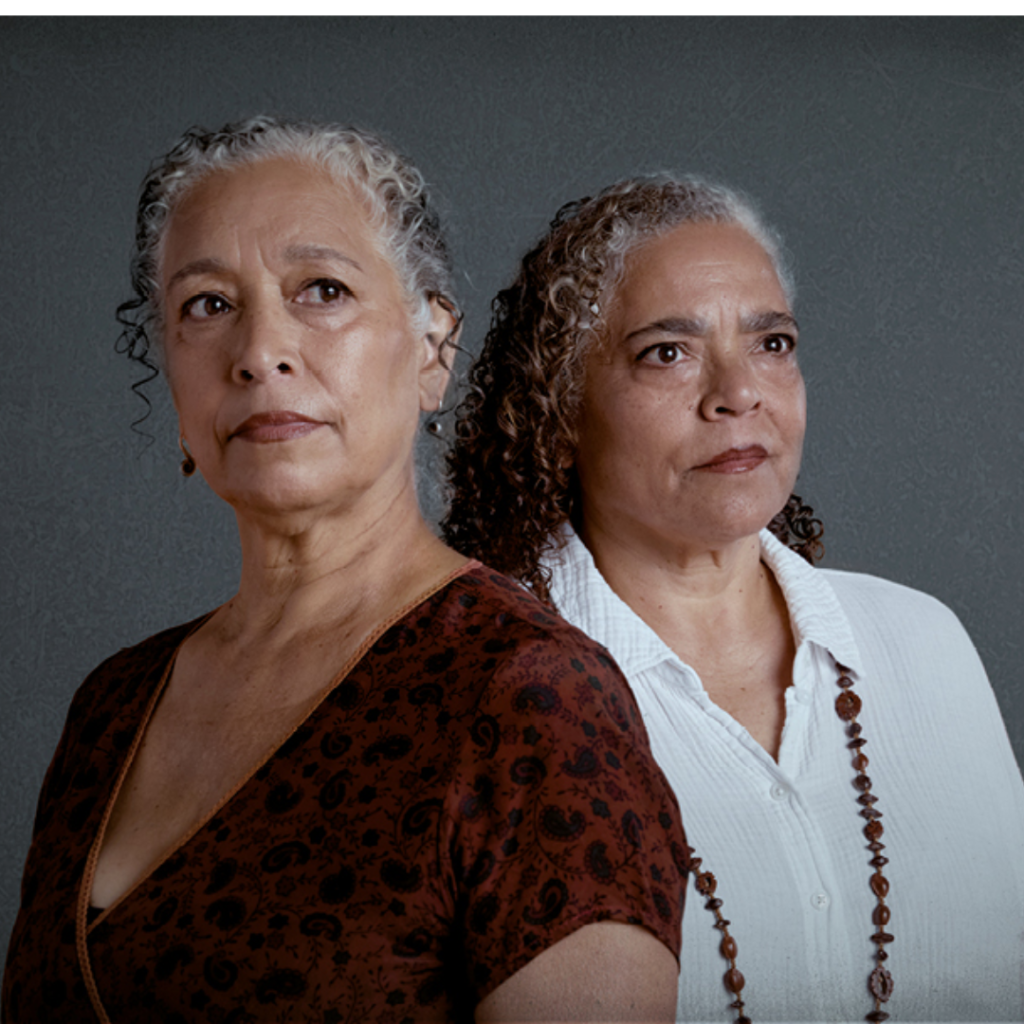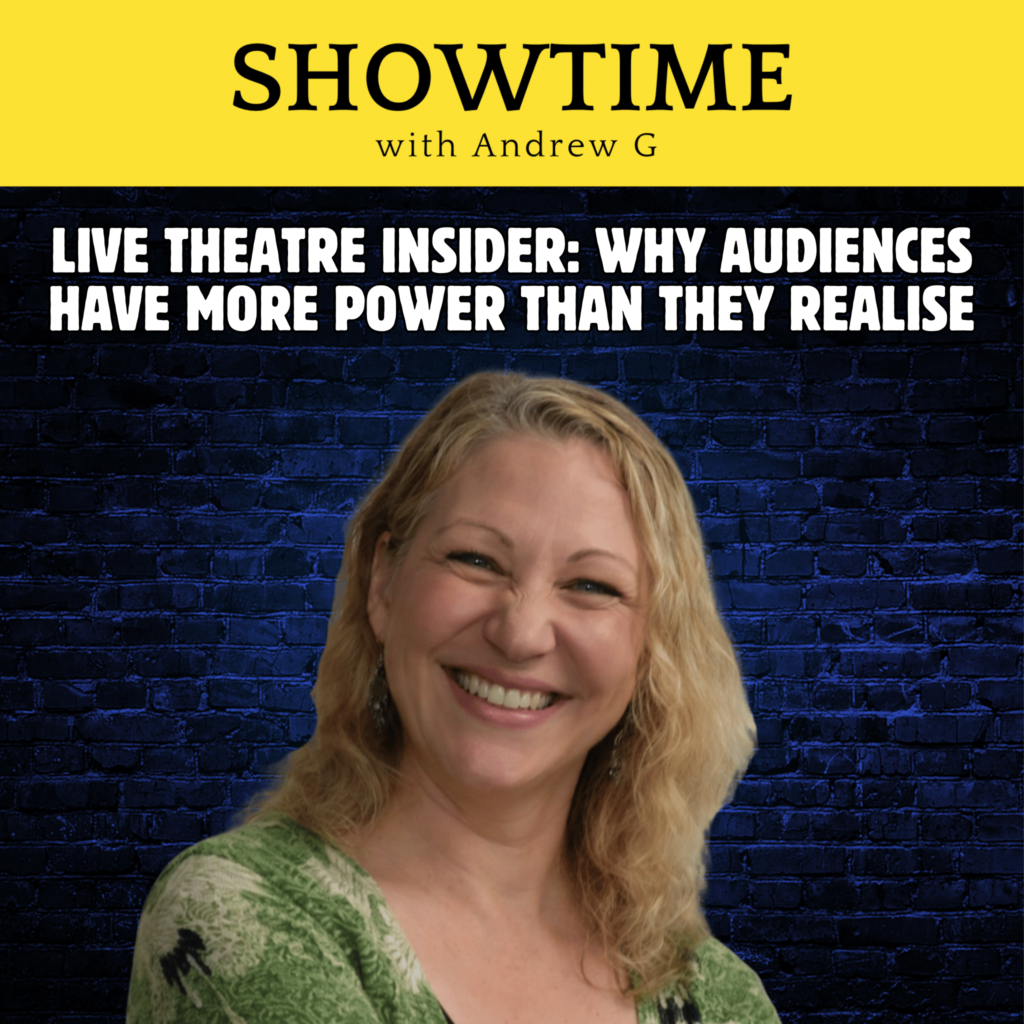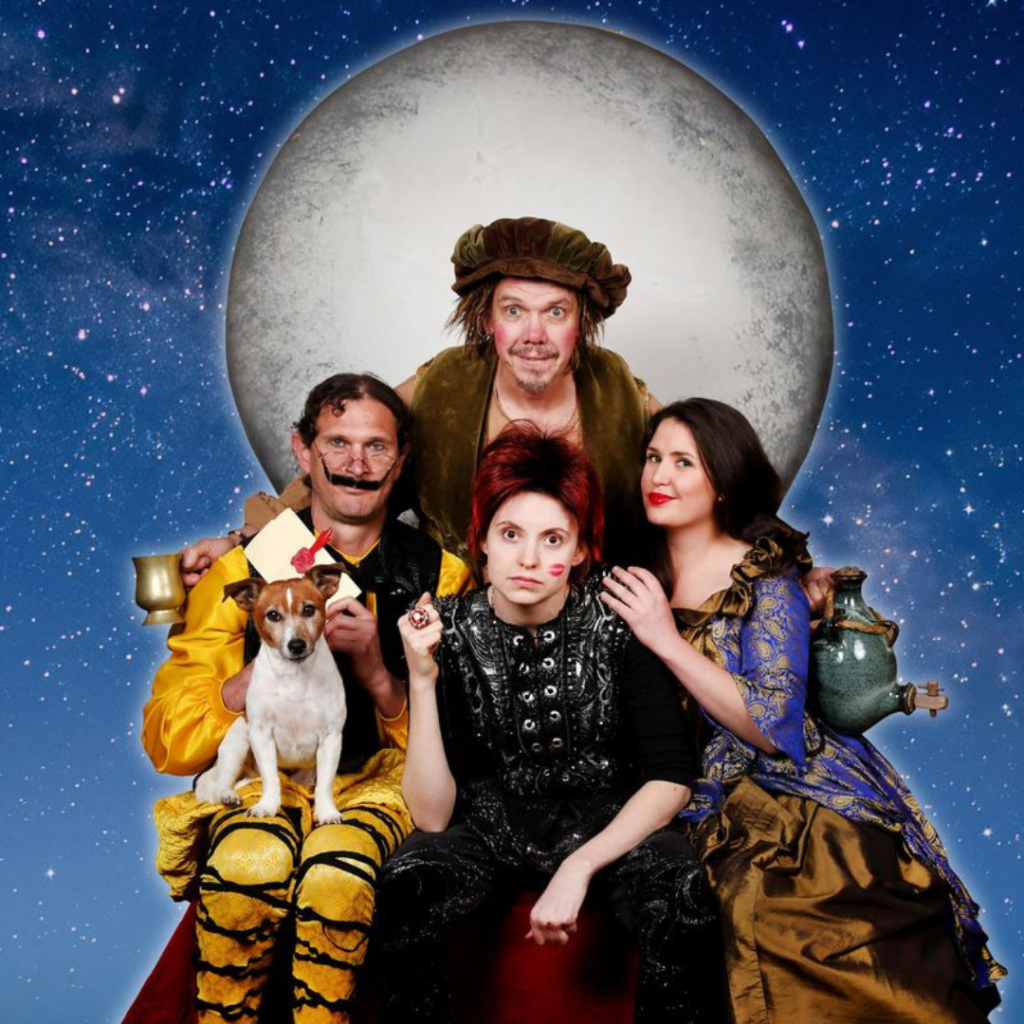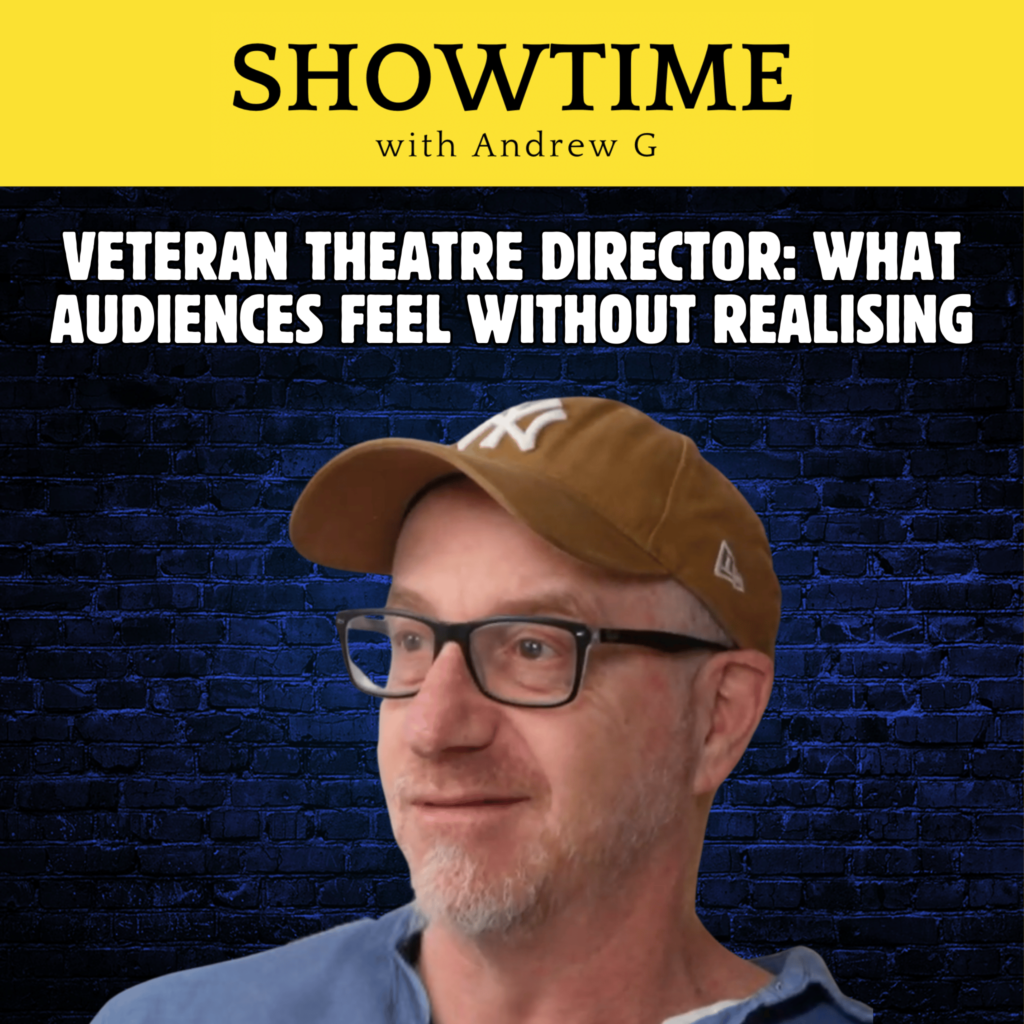Music like, I dare say, you have never seen it performed before. An hour-long pulsating beat, complete with athleticism, instruments struck and strummed outside the norm, treadmill vocals and wild cheering from the bleachers. There’s also a commentator and a highly enthusiastic cheerleader who, too, breaks the conventional mould (in fact, the whole performance piece does).
All that is on show in the highly evocative and decidedly inventive One Song, from the fertile imagination of Belgian visual artist Miet Warlop. It is part in the NTGent series Historie(s) du Theatre and is an esoteric production about farewell, life and death, hope and rebirth. Miet is the fourth director to take up the challenge of creating a work in which present, past and future meet in an inspiring way.
One Song is a metaphor for a live contest and concert. It is about the extreme, about pushing limits … and that the artistes most certainly. The five-strong band hardly looks the goods when they run onto stage in gym gear and limber up, but after introductions they take up their stations.

Elisabeth Klinck is first up, spending most of her time playing violin while atop a balance beam – on two legs or with one raised, standing tall and crouched. Wearing a protective soft helmet, Simon Beeckaert plays a double bass lying down, using his head as well as his hands. On keyboards and foot pedal drum is Willem Lenaerts. To reach the keyboard above him, he needs to constantly jump on a low-slung, wooden spring trampoline.
Literally running between a succession of drum kits is Melvin Slabbinck. During a brief running interlude, he bats away table tennis balls flung at him at speed from a robotic ping pong machine. And then you have the singer, Wietse Tanghe, who does all his work on a treadmill, usually at pace.
Klinck shows her musical dexterity in the second half of the performance. That is when she takes over the drums for a brief period and plays the double bass on the balance beam. One Song presents one heck of a workout for these players, as it does for cheerleader Milan Schudel, who dons a white dress, long white gloves and runners.
Often carrying pom poms, he too works up quite a sweat, always on the run, eventually positioning large plaster tiles on racks either side of the bleacher seats. It is on these seats that the vigorous fans egg on those doing the hard yards on the ground. They are positioned alongside an enthusiastic commentator in Joppe Tanghe. A metronome affected by the intervention of members of the ensemble sets the tone, which is frequently frenzied, but at one point moves into slow motion.

One Song is an aural and visual feast, a litany of sound and movement. It is enriching and energising – food for the soul. It is a construction not so much to try to understand, rather to get into the rhythm of … to savour and delight in, for it is cheeky and cheery, robust and complex. Art in its many forms often doesn’t need a narrative structure. It just is (it speaks to you as it is exists, or it doesn’t) and that is how I view One Song.
I say that even though the translated lyrics start with these words: Run for your life. Till you die. Till I die. Till we all die. And I assure you, there is a whole lot of running done in this hour-long performance. Many of the clearly very fit troupe are a sweaty mess before it is over.
I, for one, am full of admiration for the bullish, unique show they stage. I am astounded and invigorated, the performers highly deserving of the standing ovation given to them on opening night. There was a distinct spring in my step as I exited Melbourne Town Hall. One Song is on until 15th June, 2024 as part of the RISING Festival. For more information and to book tickets, go to https://2024.rising.melbourne



